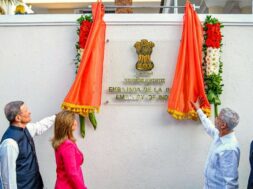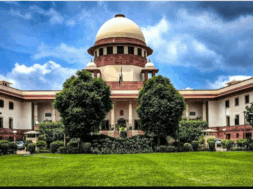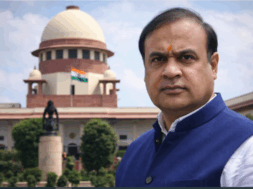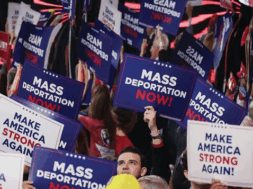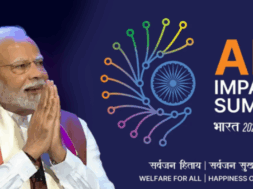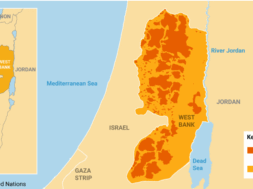
Roving Periscope: Sino-Indian ties ‘abnormal’ due to border violations, says EAM
Virendra Pandit
New Delhi: Keeping up the pressure on China, after Defense Minister Rajnath Singh’s strong message to Beijing over border issues, External Affairs Minister S. Jaishankar also said on Friday that New Delhi’s ties with Beijing are ‘abnormal’ because of violations at the bilateral borders.
“That’s an outcome of a violation of agreements regarding border management by them,” he said in the Dominican Republic, where he inaugurated the Indian Embassy on Friday.
Dr. Jaishankar, currently on an official visit to Latin America, said India wants good relations with all countries. But China falls into a somewhat different category because of the currently “abnormal” nature of ties. This, he said, is an outcome of a violation of border management agreements by Beijing, the media reported on Saturday.
India has seen a dramatic expansion in connectivity, contacts, and cooperation across the region. Pakistan, however, remains an exception to this in view of cross-border terrorism, he said while addressing the diplomatic corps and young minds of the diplomatic school of the Dominican Republic.
India has been slamming China’s deployment of a massive number of troops and its aggressive behavior along the Line of Actual Control (LAC) in Eastern Ladakh in violation of pacts on border management.
Earlier this week, India firmly told China that its violation of the border pacts has “eroded” the entire basis of bilateral ties and that all issues relating to the frontier must be resolved in accordance with the existing agreements.
The Eastern Ladakh border standoff erupted on May 5, 2020, following a violent clash in the Pangong Lake area. The Sino-Indian ties nosedived significantly following the fierce clash in the Galwan Valley in June 2020 that marked the most serious military conflict between the two sides in decades.
In his address, Dr. Jaishankar explained how India is approaching the world and engaging Latin America.
“India’s most pressing priorities are obviously in its neighborhood. Given its size and economic strength, it is very much for the collective benefit that India takes a generous and non-reciprocal approach to cooperation with smaller neighbors. And that’s exactly what we have done in the last decade under Prime Minister Narendra Modi,” he said.
“It has seen a dramatic expansion in connectivity, contacts, and cooperation across the region. The exception to this, of course, is Pakistan in view of cross-border terrorism. But whether it is the COVID challenge or more recent debt pressures, India has always stepped up for its neighbors,” he said, citing the case of Sri Lanka where India extended over USD 4 billion of economic support during the island nation’s worst-ever economic crisis in 2022.
Dr. Jaishankar said that India is developing the concept of extended neighborhoods in all directions. With ASEAN, this has taken the form of what New Delhi calls the “Act East Policy” which has opened up a pathway to a deeper engagement with the Indo-Pacific. It is being pursued, amongst others through a mechanism called the Quadrilateral Dialogue (Quad), comprising India, Japan, the US, and Australia.
Another grouping is I2U2 (India, Israel, UAE, and USA). To the South, the outlook that shapes India’s thinking goes by the acronym of Sagar – an Indian word for Oceans and to the North, India has been pursuing a strategy of connecting to Central Asia more effectively.
“For the first time in 2015, Prime Minister Modi articulated a comprehensive view that spanned the entirety of the Indian Ocean and its islands. This subsequently became the building block for the Indo-Pacific vision that emerged thereafter,” he said.
“We are also practicing the approach of engaging all major centers of power. Such multi-alignment reflects the reality of multipolarity. Each engagement has its own particular weight and focus.
“Overall, India is deeply committed to promoting collective solutions for global good. Our presidency of the G-20 this year is devoted to focusing on the real challenges to global development and global growth,” he added.
On India’s engagement with Latin America, he said New Delhi’s trade with this region is nearly USD 50 billion.
